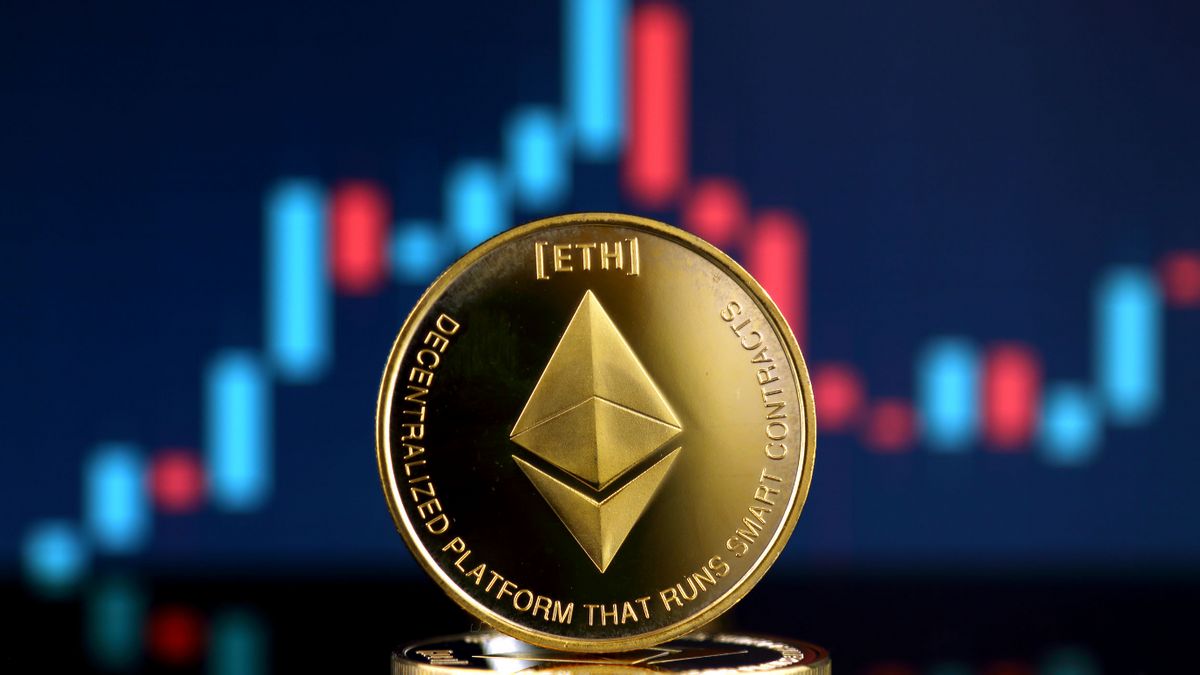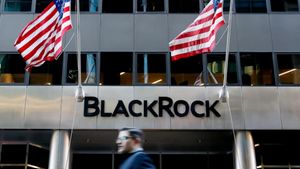JAKARTA - Transaction fees for bitcoin (BTC) and ethereum (ETH) have seen a significant increase in recent weeks. This shows the high activity of crypto transfers on onchain networks, which also has an impact on other operating costs such as exchange, bridging, and NFT.
Reporting from Bloomberg, the average cost for bitcoin transactions peaked at 15 US dollars (Rp234,825) per transfer on November 9, 2023, a sharp increase from US$3.5 (Rp54,795) on October 22, 2023. Similarly, the average cost for Ethereum transactions jumped by 219% in the same time range, up from US$2.08 (Rp32,564) to US$6.64 (Rp103,824) per transaction.
Ethereum transaction fees (ETH) on November 12, 2023. The average fee reached a maximum of 10.52 US dollars (Rp164,556) on November 9, 2023. Crypto transaction fees are a reward paid by the sender to the miner or validator who processes and confirms transactions on the blockchain.
The transaction fee is determined by demand and supply in the market, as well as the complexity and size of the transaction. The more transactions occur on the network, the higher the cost that must be paid by the sender to ensure their transactions are prioritized.
High transaction fees show that crypto networks are experiencing congestion or capacity constraints, which can reduce their efficiency and scalability. In addition, high transaction fees can also reduce crypto appeal as a cheap and fast means of payment, especially for low-value transactions.
SEE ALSO:
The Impact Of High Transaction Fees
The high transaction fee does not only apply to crypto transfers, but also for other types of operations carried out on blockchain, such as being involved with smart contracts, decentralized exchange platforms (dex), decentralized financial solutions (DeFi), and non-fungible tokens (NFT).
For example, exchanging ETH-based assets on a dex platform can cost from 27.77 US dollars (Rp 434.118) to 28.50 US dollars (Rp 445,388) per transaction. Meanwhile, the cost of making NFT transactions fluctuates between 46.93 US dollars (Rp 733,636) to 48.16 US dollars (Rp 752,304).
It also has an impact on increasing costs for transferring assets across different chains via bridging, which is estimated to be around $8.93 (Rp139,485) to $9.17 (Rp143,307) per transaction. Bridging is a process that allows crypto assets to move from one blockchain to another, for example from ethereum to smart chain binance.
From October 22, 2023 to November 11, 2023, ethereum has processed an average of around 1,071,448 transactions daily. This number is still lower than the record high of around 1.4 million transactions per day achieved in May 2021, when NFT and DeFi activities were booming.
While ethereum is still the second largest blockchain after bitcoin by market cap, high transaction fees show that ethereum faces challenges in competing with other blockchains offering lower transaction fees, such as solana, avalanche, and polygons.
This blockchain-blockchain uses a different consensus mechanism from ethereum, which currently uses proof-of-work (PoW) which requires a lot of computing power and energy. Ethereum has made a transition to proof-of-stake (PoS), which is expected to increase its efficiency and scalability, as well as lower transaction costs.
Meanwhile, bitcoin, which also uses PoW, still leads ethereum in terms of market cap, daily trading volume, and transaction fees within 24 hours collected by miners.
The English, Chinese, Japanese, Arabic, and French versions are automatically generated by the AI. So there may still be inaccuracies in translating, please always see Indonesian as our main language. (system supported by DigitalSiber.id)
















